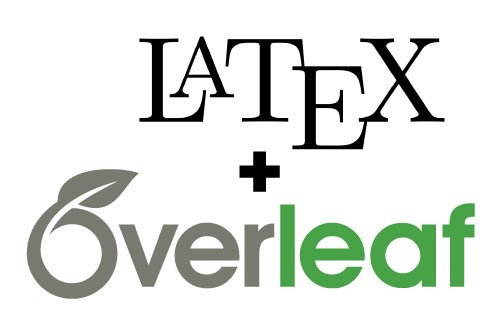| INFORMATION JOURNAL |
| Publication Ethics |
| Peer Review Process |
| Editorial Team |
| For Authors |
| For Readers |
| For Librarians |
| Apply Reviewer |
| FORMATING TEMPLATE |
 |
 |
| More information about template |
| ACCREDITATION JOURNAL |
| Soon |
| BROWSE |
| By Author |
| By Issue |
| INDEXING |
 |
 |
 |
 |
| MEMBER OF |
 |
 |
 |
| TOOLS |
 |








